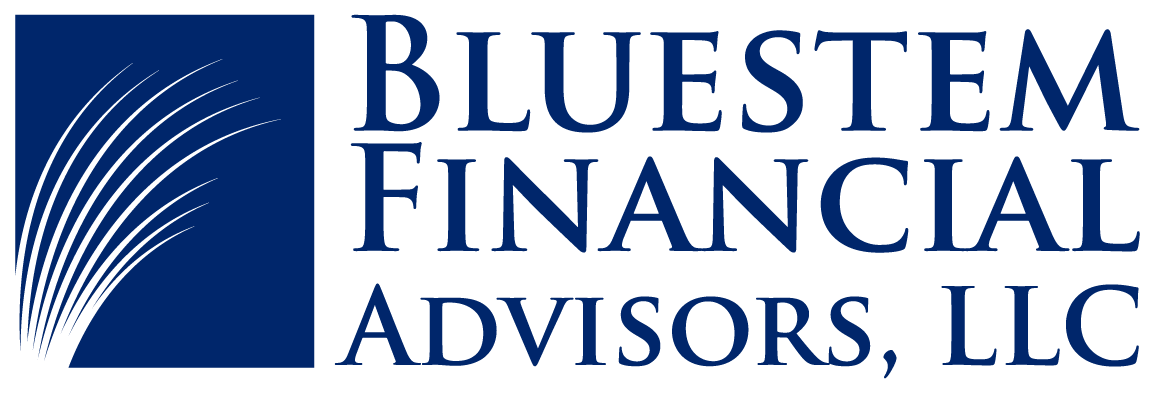INTRODUCTION
Honoraria, Consulting, Editing, Royalties. All are different types of “other” income that a professor can have, but there are differing tax treatments among them. All of them are subject to income tax, or reporting on your tax return, but some might be subject to “self-employment” tax and some may not. Self-employment tax is an additional 15.3% tax on top of income tax, so can, at times, be a less-desirable tax treatment.
TAX TREATMENT
Here’s how the differing types of income compare, how they might be reported to you, and how you might report them on your return:
Honoraria – is typically a nominal one-time payment for a speaking engagement. Honoraria are typically reported to you by the sponsoring organization on a Form 1099-NEC. They are not generally subject to self-employment tax if truly for a one-time speaking engagement. They typically should be reported as “other income” on Schedule 1 of the Form 1040.
Consulting – a one-time or ongoing series of payments for professional services rendered to an organization outside your employing university. Consulting income is typically reported to you on a Form 1099-NEC as well so can be easily confused with Honoraria if you have both. Consulting income is subject to self-employment tax. Consulting income is best reported on Schedule C of Form 1040. One notable feature of reporting income on Schedule C and subject to self-employment tax is that you can deduct against it any expenses you incurred in carrying out the consulting activity that was not reimbursed.
Editing – a one-time or ongoing series of payments for professional editing services rendered to an organization outside your employing university, often a professional organization or publication. Treatment for these activities is the same as consulting above.
Royalties – are an ongoing series of payments for the use of intellectual (or other) property. Royalties are reported to you on Form 1099-MISC. A common example would be payments for a textbook you have written.
The tax treatment of royalties is a little more complicated. Whether they are subject to self-employment tax or not, and where they are reported on the tax return depends on the facts and circumstances of the activity you engage in to earn said royalties. Payments received for a property which you no longer maintain or provide services for are treated differently than payments for a property you are actively maintaining. The less ongoing work you put into earning the royalties, the less likely it is that the income would be subject to self-employment tax. The more ongoing work or effort you put into earning the royalties, the more likely they are to be subject to self-employment taxes.
Royalty Examples:
(1) A textbook you’ve written and still receive a stream of royalties for, but are not longer making edits or updates to would be reported on Schedule E of the Form 1040 and would not be subject to self-employment tax.
(2) You provide continuous edition updates to a previous work. Each year you spend several weeks’ worth of time on these updates. This might mean that your royalties will be properly reported on Schedule C and subject to self-employment tax, similarly to the consulting and editing treatment. Like those treatments, you could also deduct any expenses incurred.
(3) You receive royalties from multiple sources of written material and consider yourself an author in addition to professor. You are working on a new book while receiving those royalties from previous works, and spend a significant amount of time writing outside of teaching and research. These are indications that your royalties will be properly reported on Schedule C and subject to self-employment tax, similar to the consulting and editing treatment. Like those treatments, you could also deduct expenses incurred in your activity as an author.
CONCLUSION
Seemingly simple or small amounts of “other” income can add tax complexity. Classifying a type of income incorrectly could either incur a higher tax cost than necessary, or, if audited, result in additional taxes, penalties and fees. Consider seeking out a tax professional to help you make sense of these rules and take this determination off of your plate.

